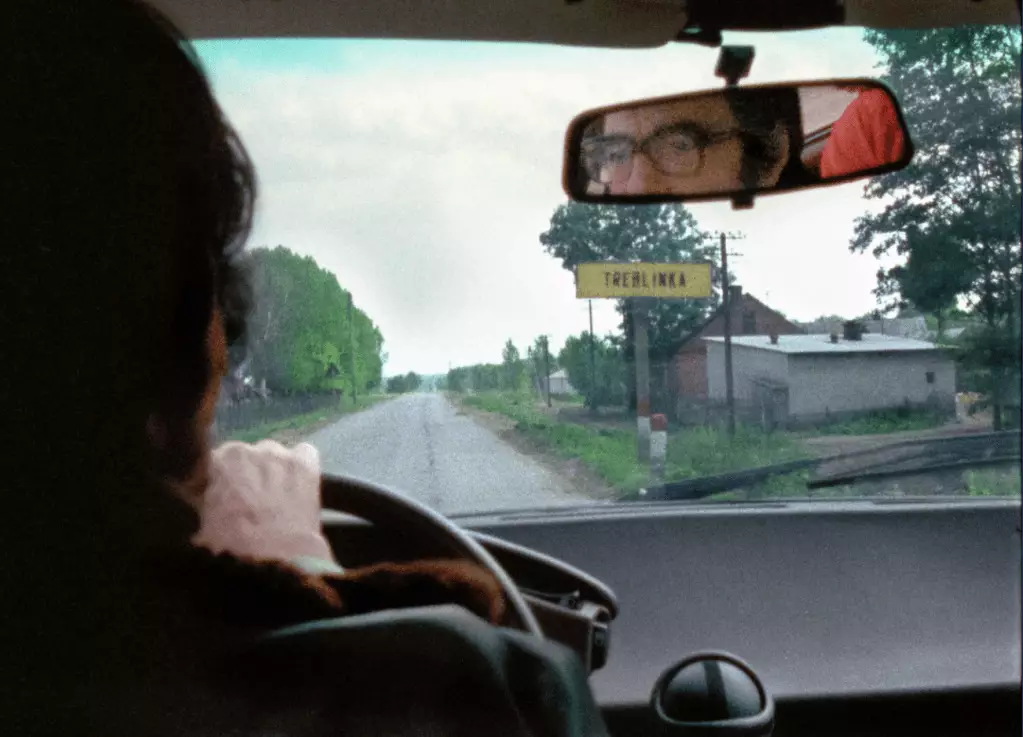In an era where cinematic storytelling continues to evolve, one film stands at the apex of documentary filmmaking—Claude Lanzmann’s “Shoah.” This remarkable film, originally released four decades ago, makes a resounding return to the Berlin Film Festival, reminding audiences of its profound impact on the narrative of the Holocaust. Spanning nearly ten hours, “Shoah” operates devoid of traditional historical footage; instead, it intricately weaves testimonies from survivors, bystanders, and even perpetrators, mapping the deep-seated wounds across fourteen countries. The absence of archival images forces viewers into a dialogue with the present, creating an unsettling confrontation with history that remains unparalleled to this day.
In conjunction with the film’s anniversary, the festival also features “All I Had Was Nothingness” (Je n’avais que le néant), directed by Guillaume Ribot. This new documentary acts as an homage to Lanzmann’s legacy while offering fresh insights into his monumental work. Ribot’s film utilizes Lanzmann’s own words—extracted from memoirs and previously unseen footage—to navigate the complex themes and undercurrents that shaped “Shoah.” Notably, it showcases a poignant scene omitted from the original, wherein community members of a suspected war criminal openly reveal their reluctance to confront the painful past. This moment serves as a testimony not only to collective memory but also to the emotional complexities surrounding acknowledgment and accountability.
In 2023, “Shoah” was officially added to the UNESCO Memory of the World Register, a deserving recognition that solidifies its status as a crucial artifact of cultural memory. The Berlinale heralds this addition, reinforcing the film’s importance as more than just a documentary; it is a vital historical narrative that demands viewers to engage with Holocaust memory without the buffer of cinematographic distractions. Lanzmann’s work challenges us to reconcile with the enormity of the past and pushes contemporary audiences toward confronting issues of complicity, silence, and historical amnesia.
Claude Lanzmann’s contribution to cinema extends beyond “Shoah.” The filmmaker, who would have celebrated his 100th birthday this year, devoted his life to unveiling the untold stories of human suffering and resilience. His last documentary, “Napalm,” released shortly before his death in 2018, underscores a life marked by fearless exploration, both in subject matter and personal experience. As a confidante of intellectual giants like Jean-Paul Sartre and Simone de Beauvoir, Lanzmann’s personal narrative intertwines seamlessly with his cinematic explorations, presenting a multifaceted view of human existence and relationships.
The Berlin Film Festival’s decision to highlight “Shoah” alongside Ribot’s new documentary underlines the indelible mark Lanzmann left on the film industry. More than just a film screening, this event serves as a collective reflection on memory, accountability, and the responsibility of storytelling. It is an invitation to confront historical atrocities and to ensure they are not forgotten. By revisiting Lanzmann’s work, audiences are challenged not only to remember the Holocaust but also to engage with themes that remain relevant today. As the festival unfolds, so too does the dialogue surrounding one of the great masterworks of documentary filmmaking, and the legacy of its creator that continues to push boundaries in the representation of truth.


Leave a Reply